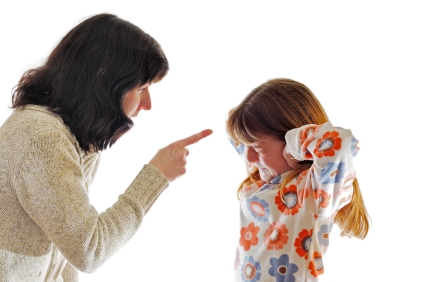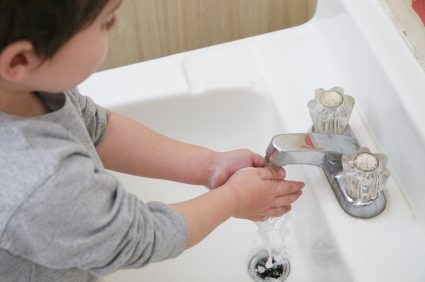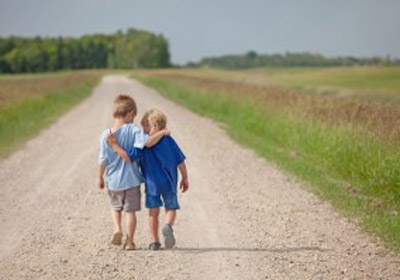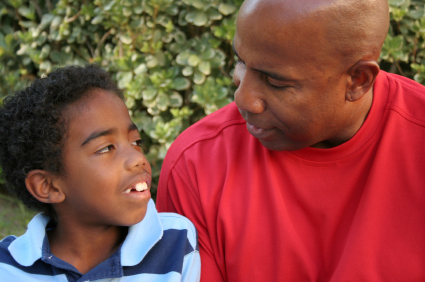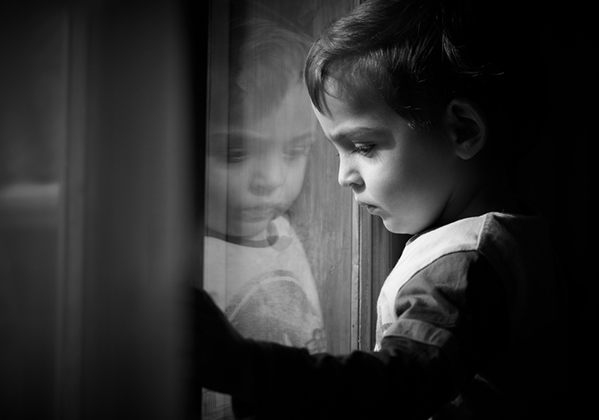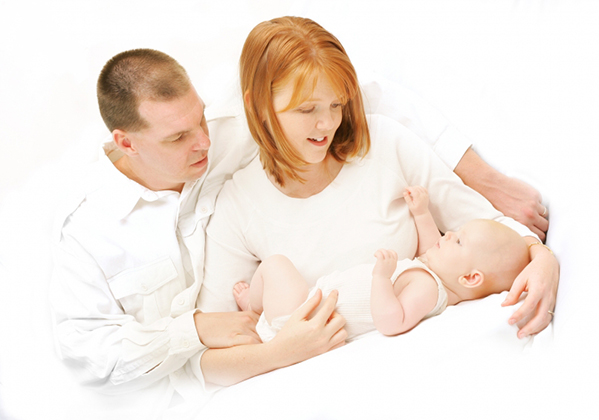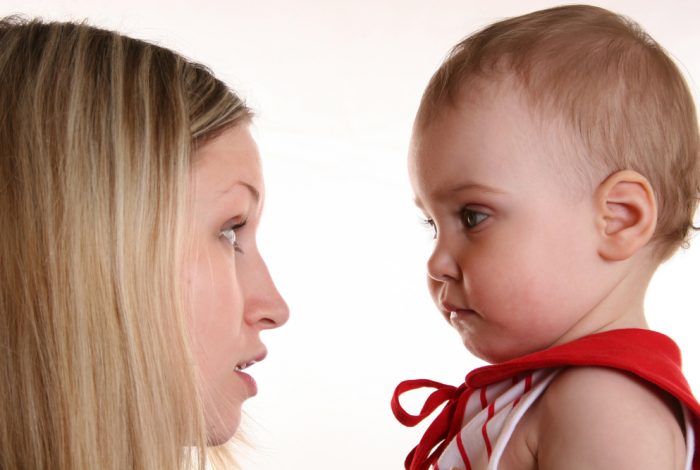"If All You Have is a Hammer, Everything Looks Like a Nail" by Debra Kessler, Psy.D.
“If all you have is a hammer, everything looks like a nail” – Abraham Maslow Seeking out the assistance of a therapist is a desperate and courageous act. Typically, for a parent, it means they have tried and failed to help their child behave, so they have friends, get along with siblings and family members,… Read more »
Read More